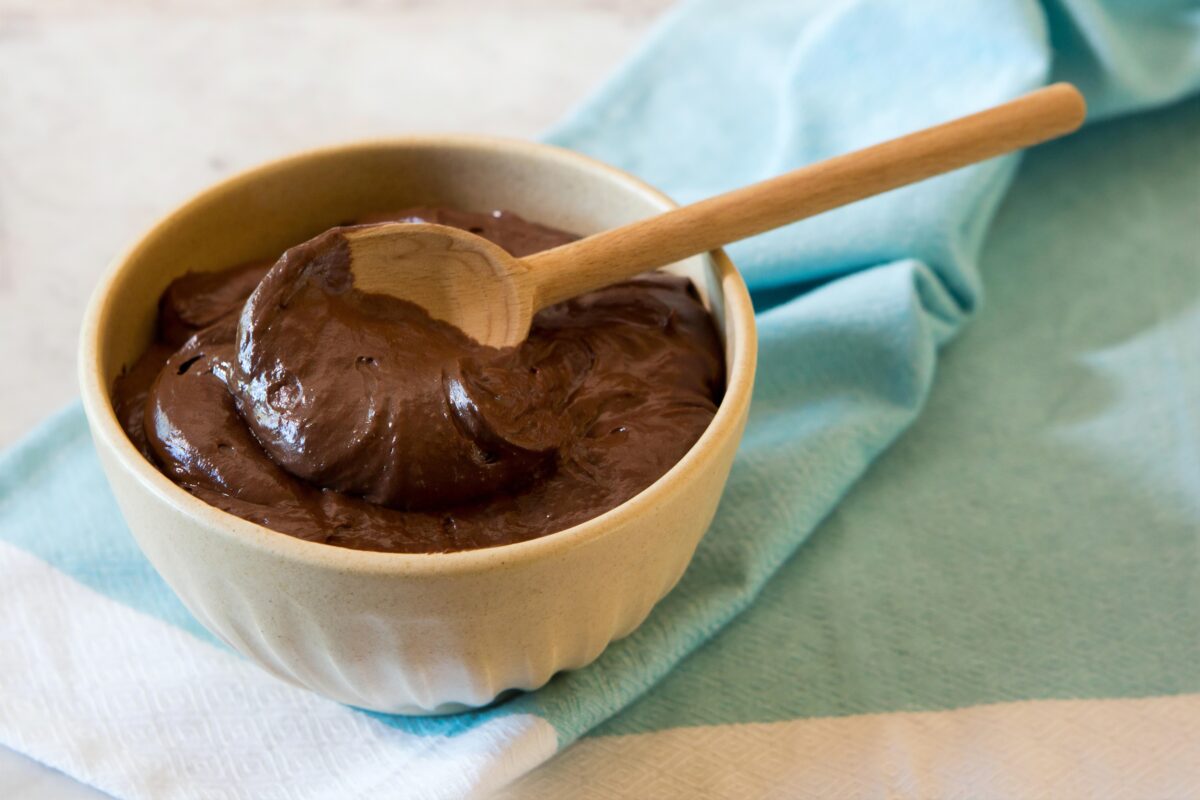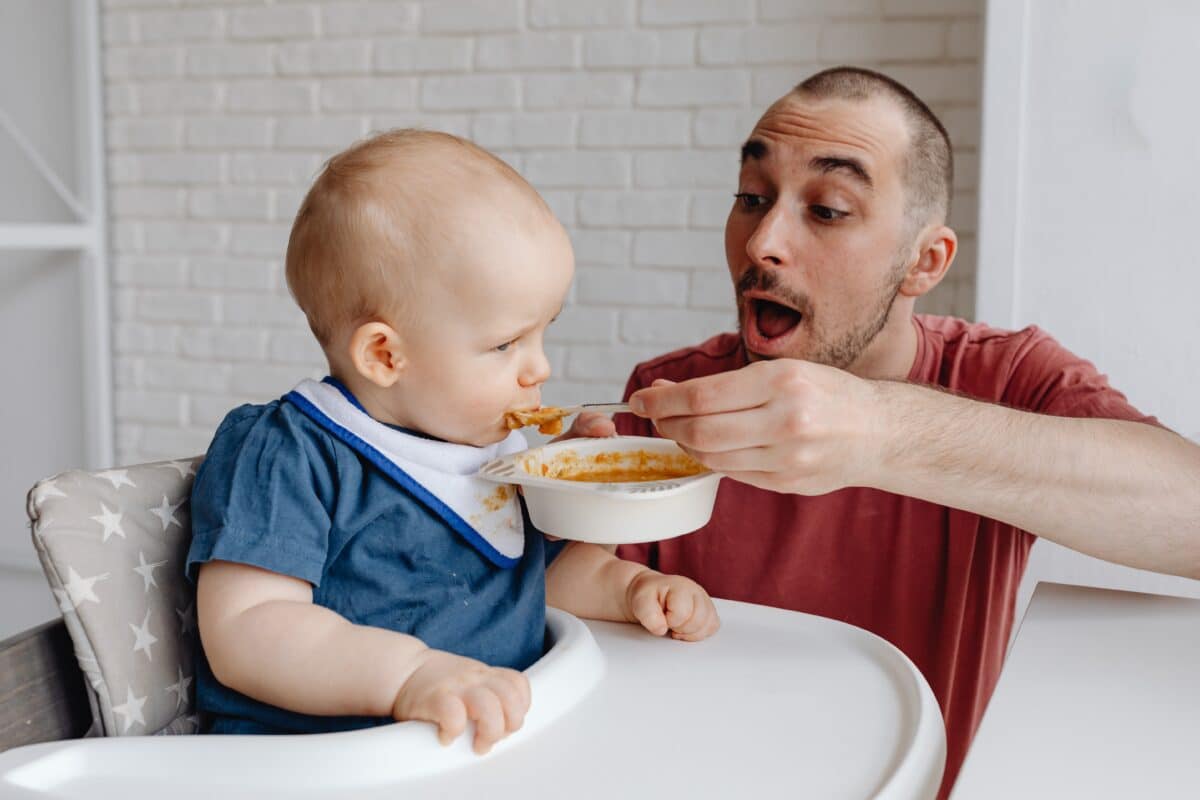How To Get Kids To Take Medicine

Your child’s health doesn’t have to involve a fighting match.
Here’s how to get kids to take medicine…no shouting necessary.
Most parents will agree that giving their kids medicine can be a challenge.
Not only do most medicines taste somewhat yucky, but when your child is sick, they are usually somewhat irritable. However, there are ways to avoid fights so that when it is time to “say ahh!” you can help your child feel better.
Read on for the top 10 ways to make taking medicine fun (or at the very least, tolerable).
How To Get A Baby To Take Medicine
If it’s a liquid medicine and you want to bypass their taster (aka the tongue), squirt the liquid in their cheek, and it will go down the throat.
This method is particularly useful for infants. Just ensure they are seated upright and squirt small amounts of liquid slowly to avoid coughing and/or choking.
Make It Fun
For older children, let them choose a game to take their medicine, such as tea time, a favorite cup, or play dress-up and pretend it’s ice cream.
For kids that don’t like to pretend, incentivize them with something they enjoy. Is it iPad time? A dunk in the pool? Whatever it may be, ensure you hold up your end of the bargain once they take their meds.
Give Them Choices
Does the medicine come in different forms? Your kid might have difficulty swallowing a pill but doesn’t have any issues with a chewable or liquid medication.
Letting your child decide how they want to take the medication might be all it takes to get them to take their medicine.
If they can choose a time, allow them that too. Unfortunately, some medicines make children sleepy (or hyper), so those may have to be taken at a particular time.
Some medicines also must be taken with food. If that is the case and your child is old enough, make sure to convey that not taking it as prescribed can hurt their tummy.
Explain Why We Need Medicine
Kids are smarter than we give them credit for. Take the time to explain why certain medications are necessary (especially if you have a literal thinking child). They may be more inclined to take the medicine once they understand the effect it will have.
Explain to your children how the medicine works. The medication filters through their body and goes to the places that need care or healing. Decongestants break up phlegm so we can breathe better. Antibiotics work to heal infections, so our bodies are better equipped to fight harmful bacteria.
If your child is old enough, consider teaching them how to swallow pills. The thought of swallowing a pill can be intimidating, but if you explain that most pills have no taste (if swallowed quickly), a child might want that option. Sprinkles are a good way to practice!
Sugar Coat It
Mary Poppins was right, after all! Foods like chocolate syrup, pudding, or popsicles will not only help medicine taste better, they can make it a more enjoyable experience for your child.
If it’s a pill, you can put it in a cube of Jell-O or another sweet treat. Just ensure they can still swallow the food without it becoming a choking hazard.
Another trick we like is incentivizing taking medicine with a swig of chocolate milk afterward. Milk coats the tongue and quickly rids the palette of any disgusting flavors.
Bribery At Its Finest
Good old bribery works, too!
Offer a big glass of chocolate milk or a popsicle after. If the medicine can’t be taken with food, offer them iPad time, playtime with their favorite stuffed animal, or any other type of small reward. Do you have leftover Halloween candy? Let them choose a few of those!
Do you have to give the medication over several days or weeks? Set up a system where your kid can earn stickers with a big reward at the end of a successful week. They don’t have to be toys or an outing to eat and drink, but something as simple as family movie night can be an effective reward.
Use Food Or Drink
If the medicine can be taken with food, get creative. Is pizza your kid’s favorite? Can the pill be crushed up? They’ll never know the difference if you sprinkle it in with cheese and sauce.
Strong-tasting drinks can work too. Milk and juices are great for disguising tastes. Just make sure your child drinks the full amount.
If you’re feeling particularly adventurous and really need to hide a medicine, smoothies can do the trick. Not only does colder food or drink hide tastes better, but smoothies are a great vitamin booster as well.
Here are some amazing smoothie recipes to make with the family.
Use Tools
There is something intimidating about small cups or spoons because children can see the amount of medicine they are supposed to take and suddenly refuse.
Luckily there are some pretty handy tools like pacifier medicine droppers where the baby sucks the medicine out of their binky.
For older kids, there are also these handy spoons that hold medicine the same way as a plunger or dropper, but you can put food on the spoon to help mask the taste.
Positivity Works
The time has come to take the medicine. Unfortunately, if you approach the situation with a grimace, your child will see/sense that and be more hesitant. Approach with a positive attitude but remain firm that medicines must be taken.
Being positive about how much better they will feel after they take the medicine could really help soften the blow of something that tastes yucky. Explain that while medicine may not taste very good for just a couple of seconds, it will make them begin to feel better and then they won’t have to take it anymore. If you’re dealing with an older child be sure to mention how medicine won’t change how long their illness lasts, but medicine will help them through the worst of it.
Conclusion
Kids have to take medicine when it is warranted. If all else fails and the child has to have medicine, you may have to restrain them, and that can be hard on both the child and the parent.
Remember, there’s a difference between allergy meds they could live without or life-saving antibiotics they need. Pick your battles if nothing else works. Some medicine is non-negotiable. It has to be done, and there are ways to make it more pleasant. However, if they refuse, you’ll have to stay strong.
If you’re having trouble with your child’s medication, then call your local Kid Care Pediatrics office or make an appointment. We are happy to offer suggestions and help in any way we can.
Kid Care Pediatrics
Kid Care Pediatrics has been in existence since October 2001. It was established by Omar A. Gomez, M.D. The practice philosophy at Kid Care Pediatrics is to provide quality pediatric medical care for children in a professional yet caring manner.


